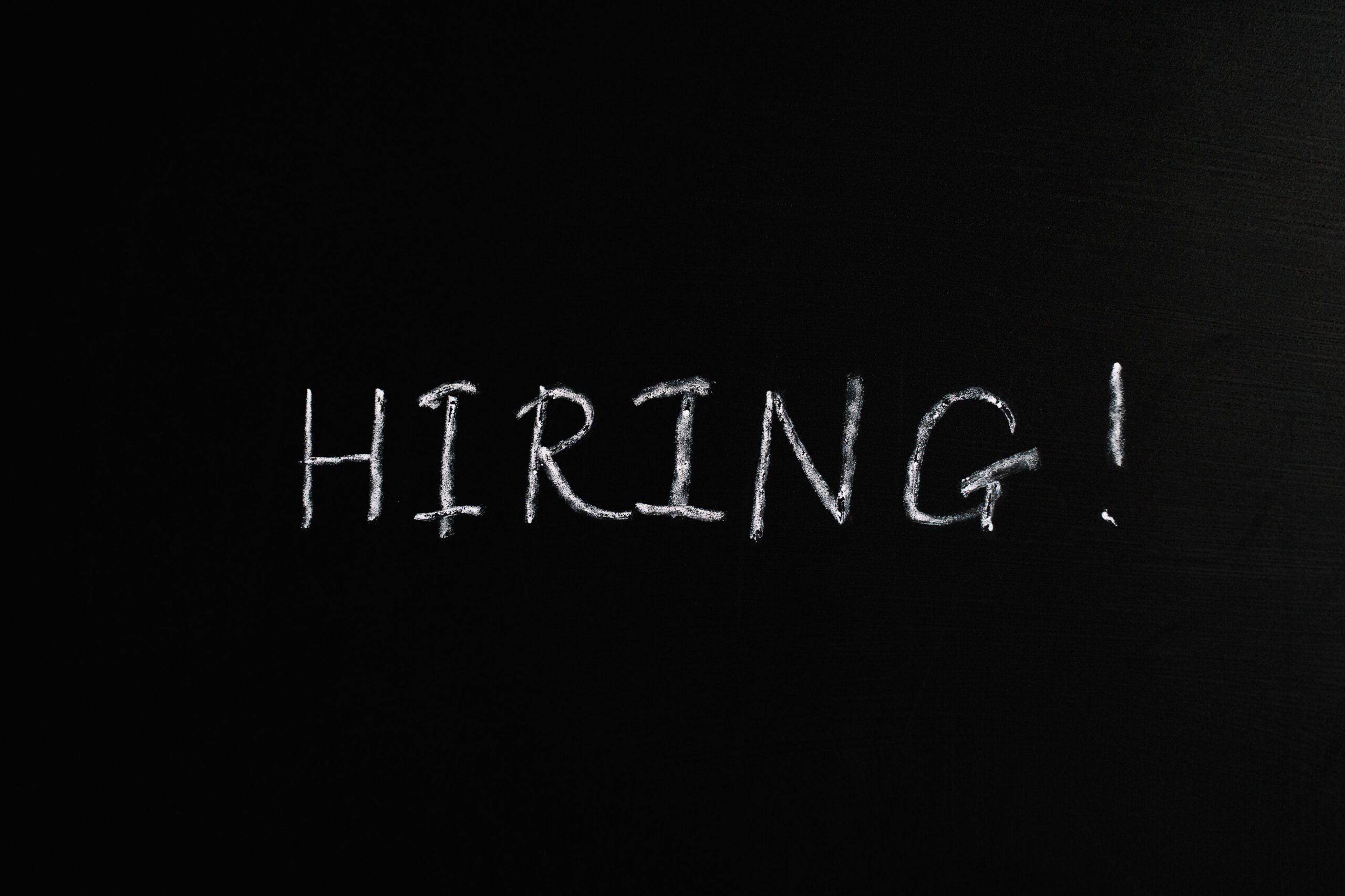Hiring efficient employees is crucial for the success and growth of any company. Efficient employees can drive productivity, innovation, and a positive work environment. To make the right hiring decisions and bring onboard individuals who can contribute to your company’s success, follow these steps:
Define Your Needs Clearly: Start by clearly defining the role you want to fill. What are the specific responsibilities and expectations for this position? Understanding your needs is the first step to finding the right fit.
Create a Detailed Job Description: Develop a comprehensive job description that outlines the role’s responsibilities, qualifications, and expectations. Be transparent about what the job entails to attract candidates who are genuinely interested and qualified.
Use Multiple Sourcing Channels: Don’t rely on a single method to find candidates. Use a variety of sourcing channels, including job boards, social media, employee referrals, and professional networks, to cast a wide net and reach a diverse pool of potential employees.
Screen Resumes Carefully: Review resumes and applications thoroughly to identify candidates who meet the essential qualifications. Look for relevant experience, skills, and a track record of success in similar roles.
Conduct Structured Interviews: Design a structured interview process that includes a set of standardized questions and evaluation criteria. This helps ensure consistency and fairness in your hiring decisions.
Assess Cultural Fit: Evaluate candidates not only based on their qualifications but also on their cultural fit with your company. Consider your organization’s values and workplace culture and seek candidates who align with them.
Use Behavioral Interviews: Behavioral interviews focus on past behavior as a predictor of future performance. Ask candidates to provide specific examples of how they have handled challenges or situations relevant to the job.
Check References: Contact the provided references to verify a candidate’s qualifications, work history, and character. References can provide valuable insights into a candidate’s past performance.
Skills Assessment and Testing: Depending on the role, consider conducting skills assessments or tests to gauge a candidate’s practical abilities. This can help you assess technical skills, problem-solving capabilities, or creativity.
Consider Soft Skills: While technical skills are important, don’t overlook soft skills such as communication, teamwork, adaptability, and problem-solving. These skills are essential for an employee’s success in most roles.
Evaluate Motivation and Enthusiasm: Assess a candidate’s motivation and enthusiasm for the role and your company. People who are genuinely interested in the job are often more committed and perform better.
Offer Competitive Compensation: A competitive salary and benefits package can attract and retain top talent. Research industry standards and offer compensation that aligns with the candidate’s experience and the market rate.
Provide Growth Opportunities: Emphasize the growth opportunities within your company. Talented individuals are often motivated by the chance to learn, advance, and take on more responsibilities.
Transparent Communication: Maintain open and transparent communication throughout the hiring process. Candidates appreciate clear timelines, feedback, and information about the company and the role.
Involve the Team: If appropriate, involve team members in the interview process. Team input can provide different perspectives and help assess cultural fit.
Background Checks: Conduct thorough background checks to ensure the accuracy of the information provided by candidates. This includes criminal background checks, education verification, and employment history confirmation.
Onboarding and Training: Once you’ve hired an efficient employee, invest in a comprehensive onboarding process to help them integrate into your company seamlessly. Provide training and mentorship as needed.
Continuous Feedback and Evaluation: Regularly evaluate employee performance and provide feedback. Encourage a culture of continuous improvement and professional development.
Recognize and Reward Excellence: Recognize and reward outstanding performance to motivate employees and reinforce a culture of excellence.
Monitor and Adjust Your Hiring Process: Continuously monitor the effectiveness of your hiring process. Seek feedback from employees and candidates, and be willing to make adjustments to improve your recruitment strategy.
Hiring efficient employees is an ongoing process that requires attention to detail and a commitment to finding the best talent for your company. By following these steps and maintaining a consistent focus on attracting and retaining top performers, you can build a strong and effective team that contributes to your organization’s success.















